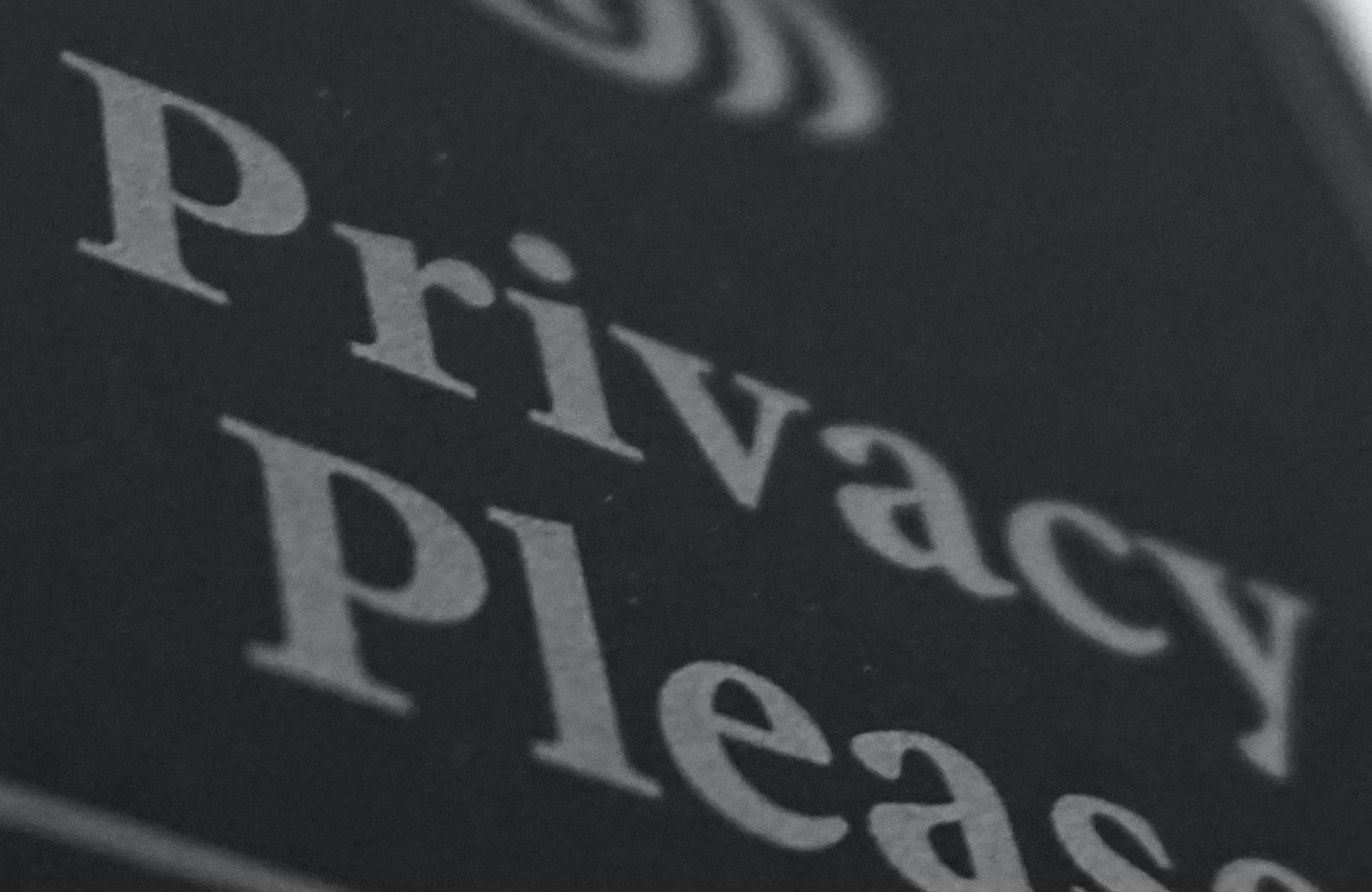For 24 hours, the act of aggression occupying the media cycle was not Russia’s assault on Ukraine but rather Will Smith slapping Chris Rock on live television in front of a black tie audience at the Academy Awards in Hollywood and millions of viewers worldwide. Smith’s attack, however, was not unprovoked.
To be clear, I condemn violence in any shape or form. But — while not justifying or condoning Smith’s actions — I wanted to address the privacy angle of the events that led to #WhatJustHappened dominating the Twitter universe for several hours on Sunday.
Smith reacted to a joke Rock cracked at the expense of his wife, Jada Pinkett Smith. Referencing Pinkett’s shaved head, Rock said he couldn’t wait to see “G.I. Jane 2” — a reference to the 1997 movie with Demi Moore in a leading role as a U.S. Navy SEAL with a shaved head. Pinkett, alas, shaves her head as a result of dealing with alopecia, a medical condition characterized by premature partial or complete hair loss. She has shared her struggles with the condition publicly with the media before. But her pain upon hearing the joke was palpable and captured on camera; Smith reacted with an outburst of rage and violence by storming the stage and slapping Rock in the face.
The incident demonstrates the immediate and visceral impact of a privacy harm.
As stand-up comedians sometimes do, Rock intruded heartlessly upon Pinkett’s insecurity and, in this case, medical condition. To use the famous framing of Warren and Brandeis, he stepped over Pinkett’s “right to be let alone” — yes: even in a room full of friends and colleagues and in front of network TV cameras. Pinkett didn’t come to the event prepared to become the center of attention. Certainly not in the context of her hair loss. The impact could be seen on Pinkett’s face and was amplified by Smith’s actions.
For lawyers and policymakers, the question of privacy harms is front and center in an ongoing policy debate. Lawmakers sometimes doubt the veracity or concreteness of privacy injuries. Courts have cast doubt on whether privacy harms entitle plaintiffs to compensation or even standing to argue their case. To these doubters I say, look at Pinkett’s face at the instance of impact of Rock’s joke; at Smith’s “losing it” a moment before he’s heralded for the greatest achievement of his life. Tell me now that privacy harms are not real. The embarrassment, the shame, the helplessness, the dignitary injury — all of these very concrete feelings, which often result from a privacy intrusion, landed with a thud on the Oscars’ stage. Indeed, the Hebrew Talmud says, “He who shames his friend in public is as one who sheds blood.”
Of course, privacy invasions are not always as shockingly public as the #WhatJustHappened events. They often invade in stealthy ways: The lingering sense of insecurity we feel as a result of our identity being “borrowed” by strangers to make an online purchase or file a tax return. The “creepy” feeling we get seeing an advertisement for something we just discussed discreetly with a family member. The Future of Privacy Forum's Jules Polonetsky, CIPP/US, and I wrote “A Theory of Creepy” to categorize and inspect such nuanced harms.
Skeptics may point to the fact that Pinkett had already discussed her condition publicly — in fact, posted videos about it on Instagram. How could her privacy be hurt when someone alluded to facts she discussed publicly herself? Well, it could and it did. Privacy isn’t about protecting secrets. It’s about an individual’s ability to control a situation, to not be objectified, to be let alone. Consider your own Instagram posts. Are they an accurate minute-to-minute reflection of your life? When we post on social media we benefit from a right to curate, to control the image we project. That’s the dignitary right that’s being intruded upon when even publicly available information is taken out of context or used in unexpected ways.
Finally, Pinkett and Smith are celebrities. How could people who live in the spotlight possibly care about their privacy? Well, they do; and with certain legal limitations — for example, the public’s right to know about a political candidate’s financial dealings (though not necessarily, always, his or her medical conditions) — they too should benefit from privacy rights. In fact, some of the most important privacy jurisprudence to date came out of cases, such as Naomi Campbell’s, the Princess of Monaco’s or Meghan Markle’s, involving the right of celebrities for a modicum of privacy.
The Smith-Rock incident, or #WhatJustHappened, is a sad and unfortunate event. Hopefully, policymakers and legal observers can draw important conclusions from it about the right to privacy, the concreteness of privacy harms and the implications of publicly available information.
Photo by Jason Dent on Unsplash

